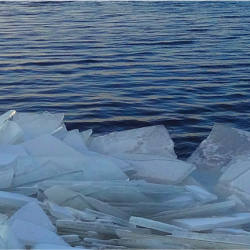Sea Grant Advisory Board Member Spearheads Lake Superior Conservation; Group Receives Award
Al House is a member of the Wisconsin Sea Grant Advisory Board. He is also president of the Lake Superior Sport Fishermen’s Association, which just received a statewide award.



